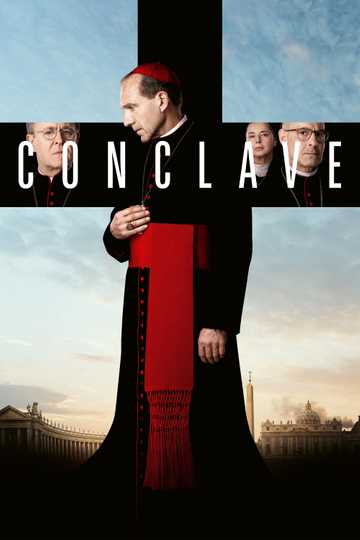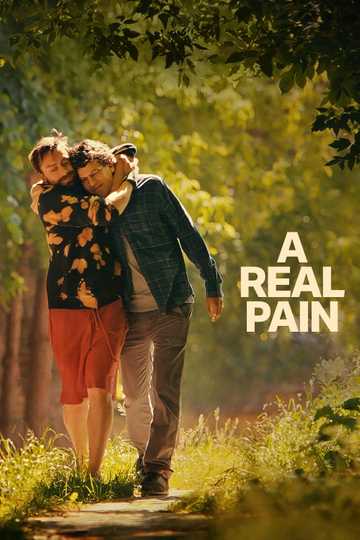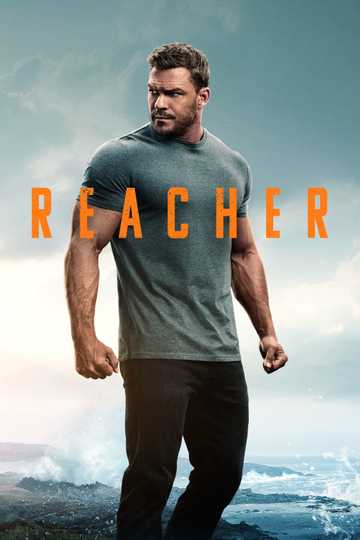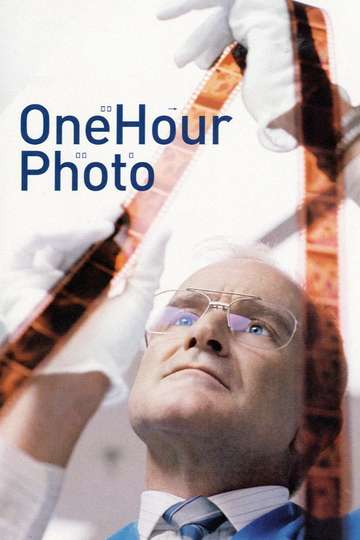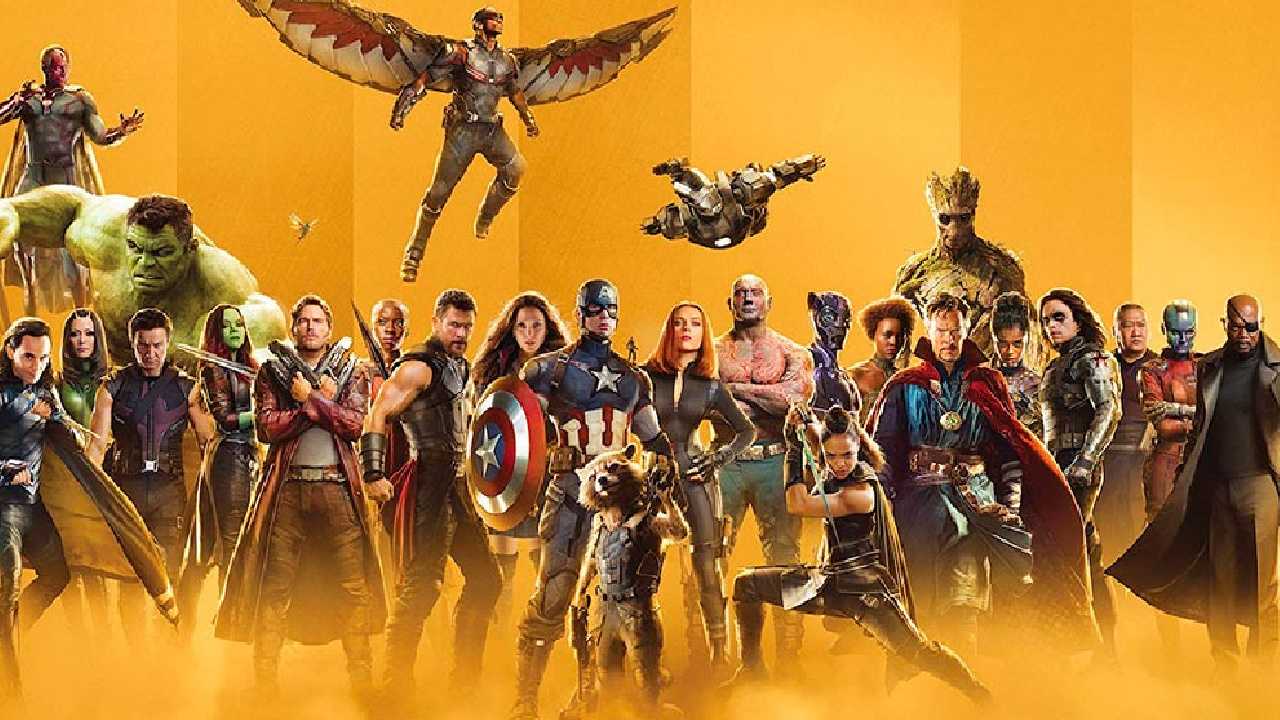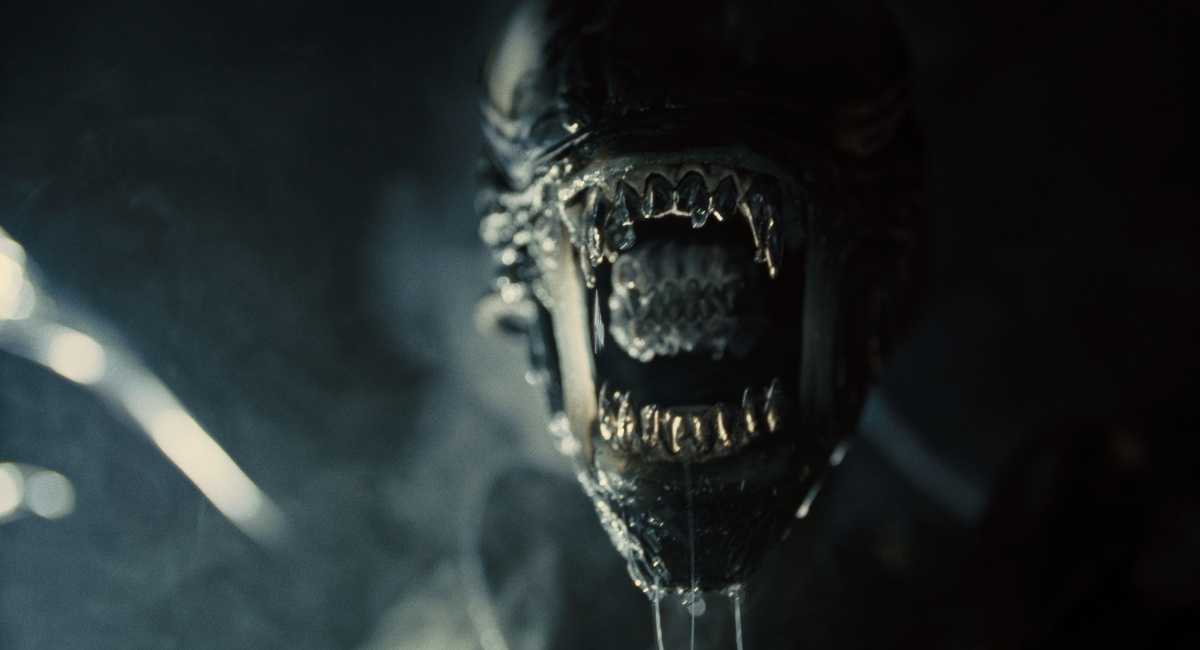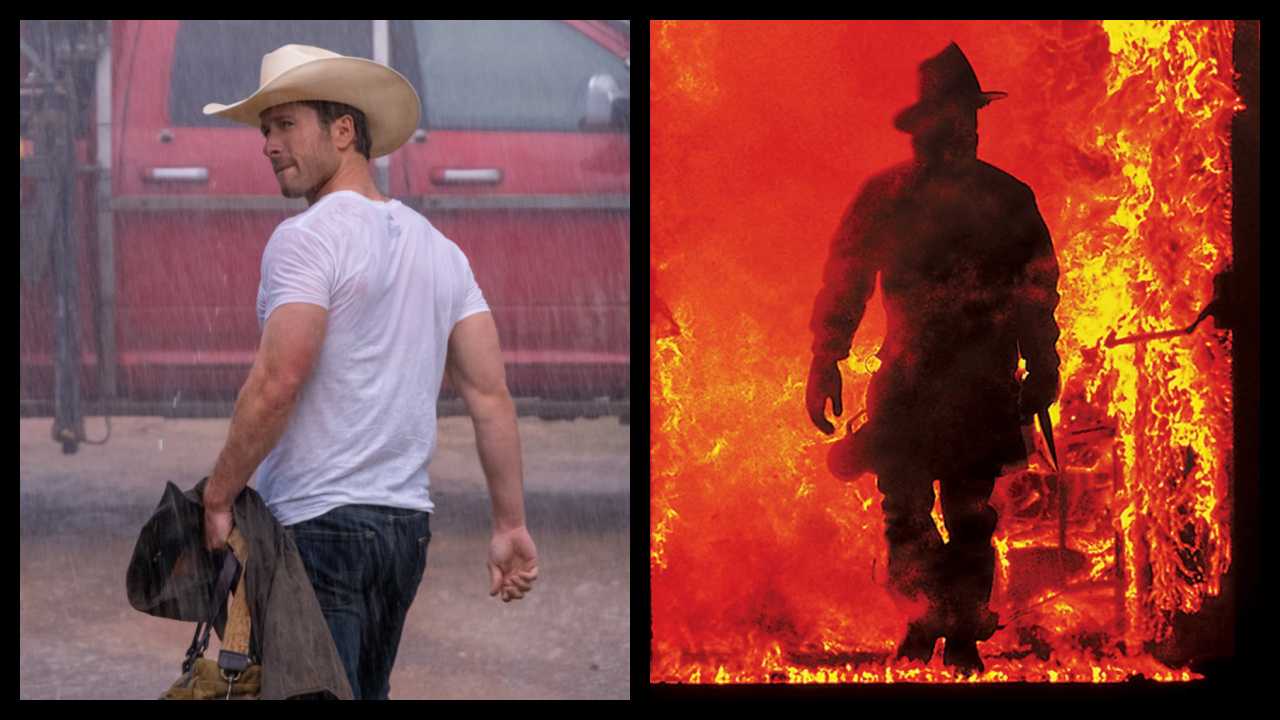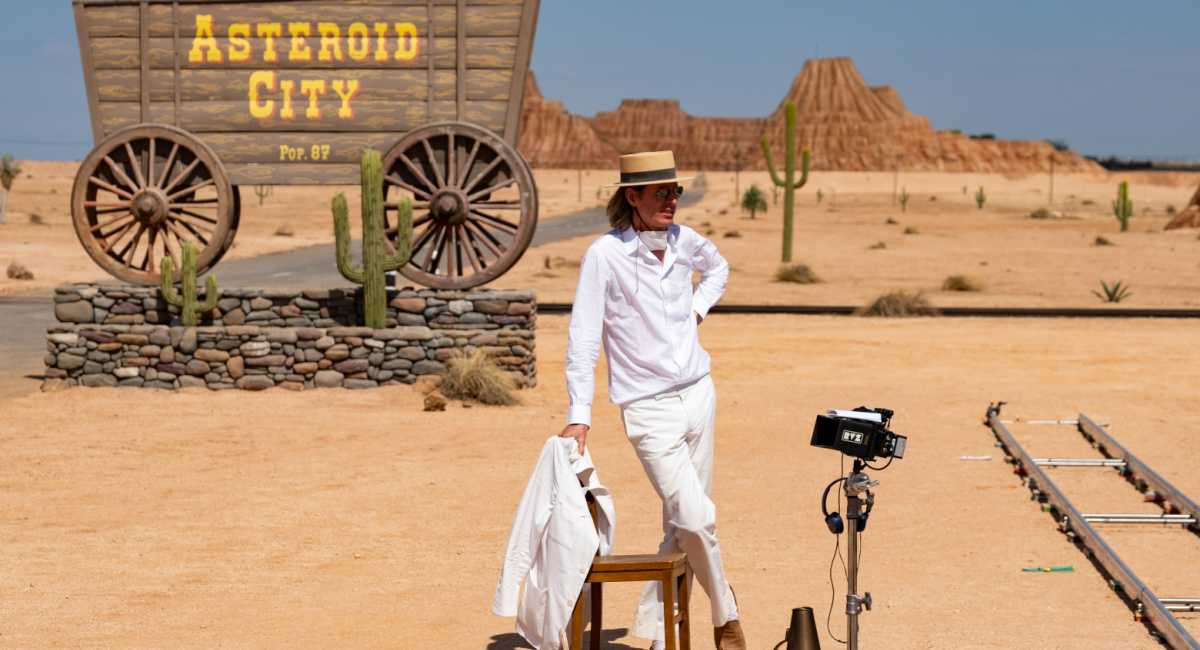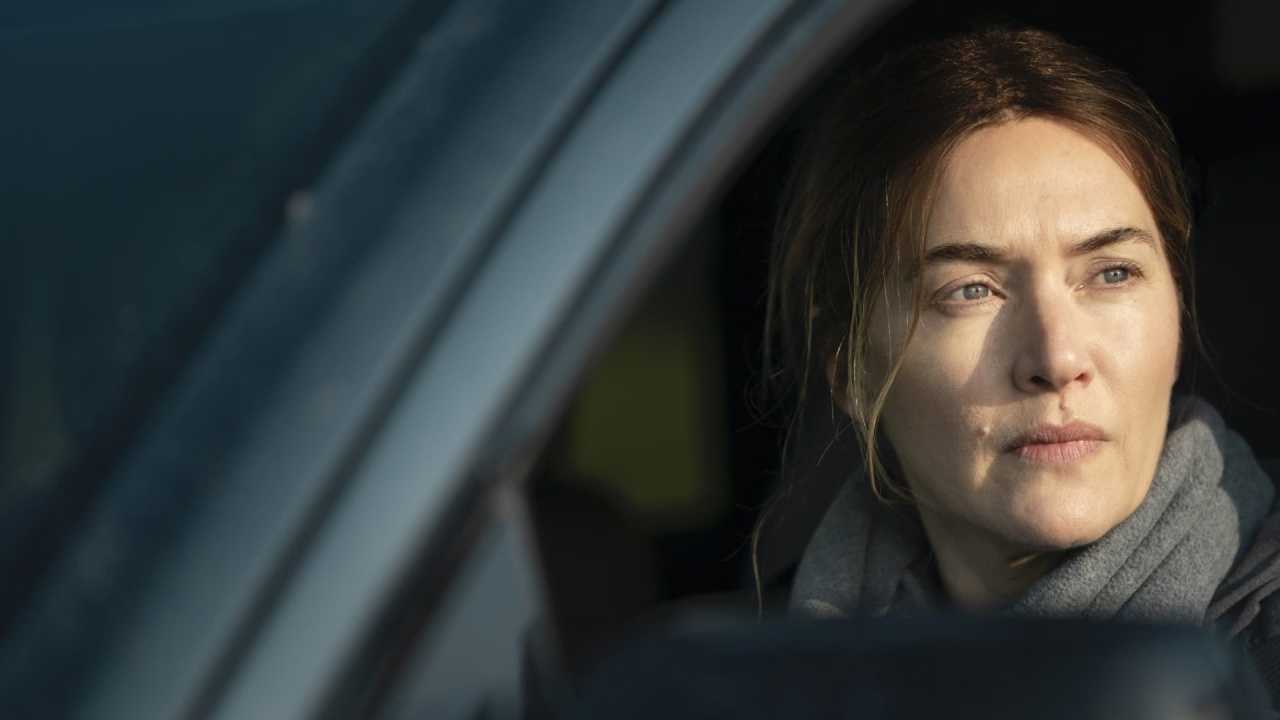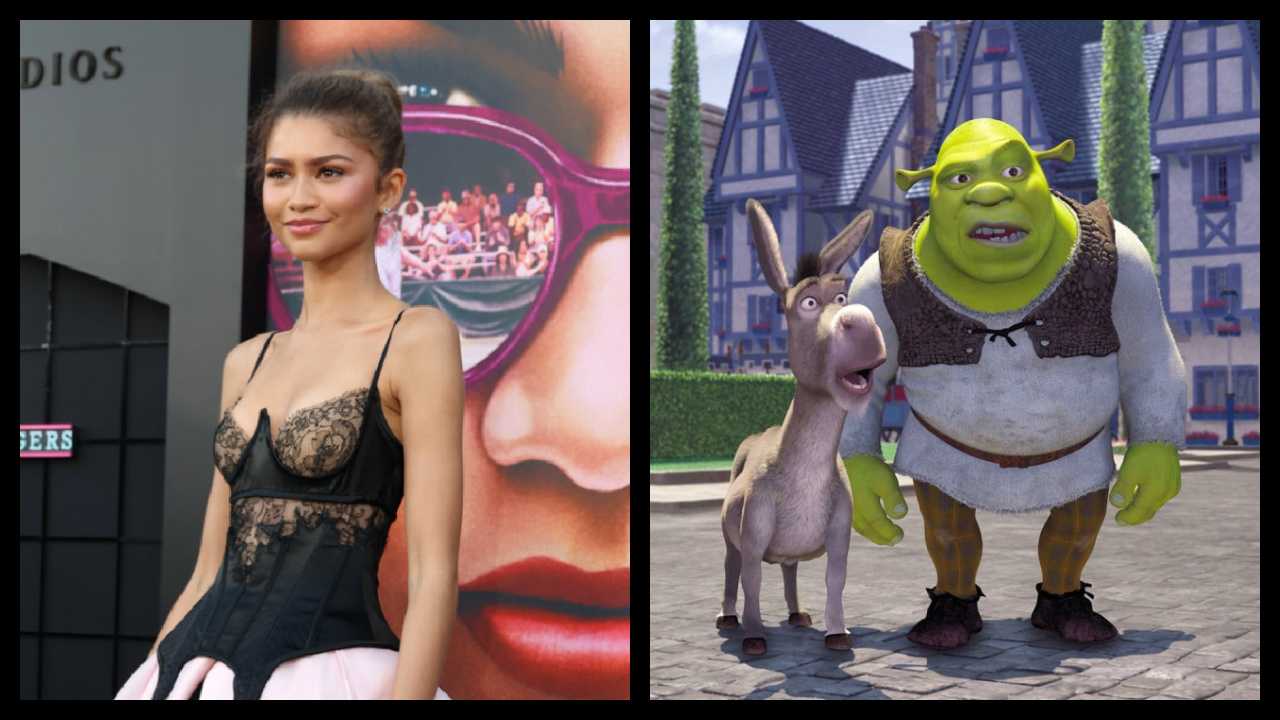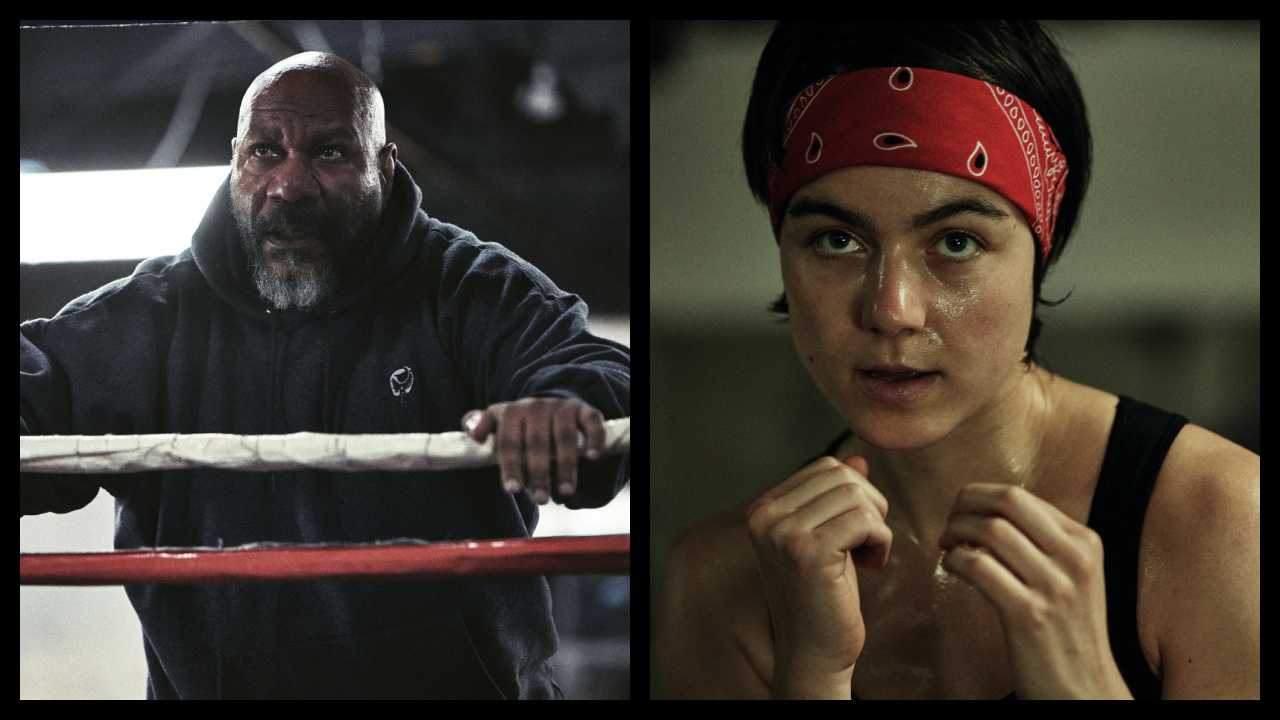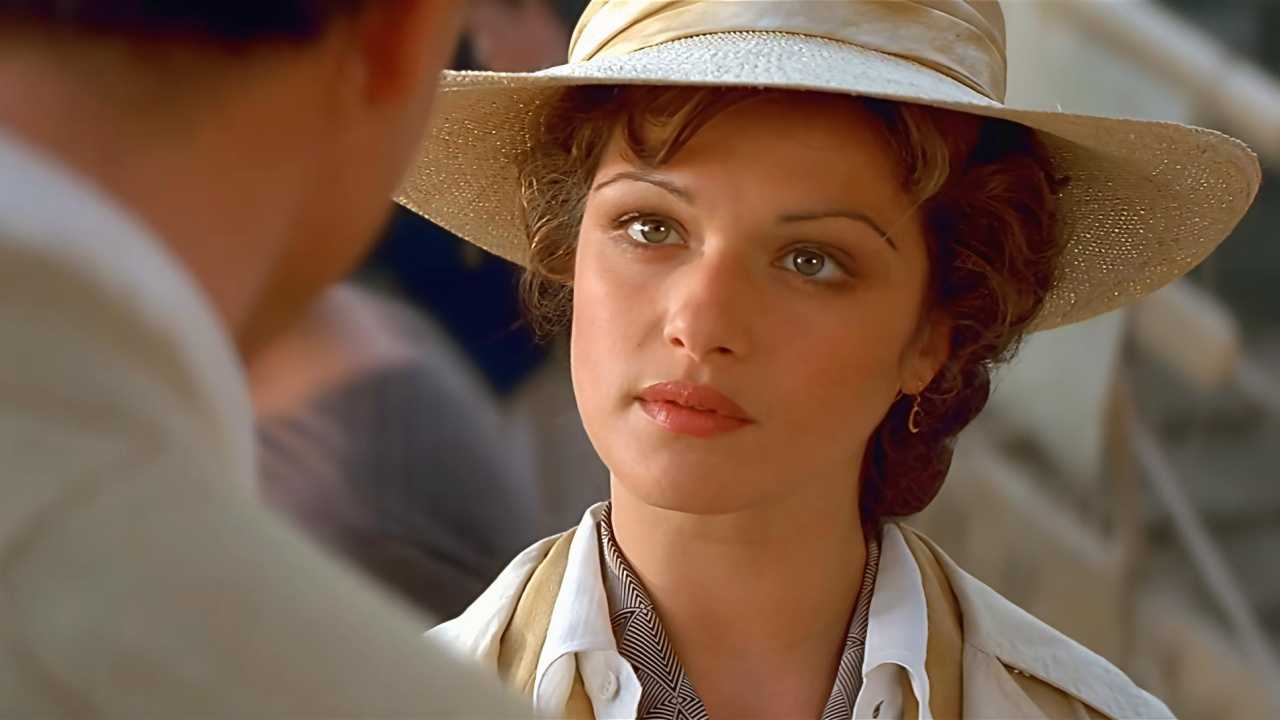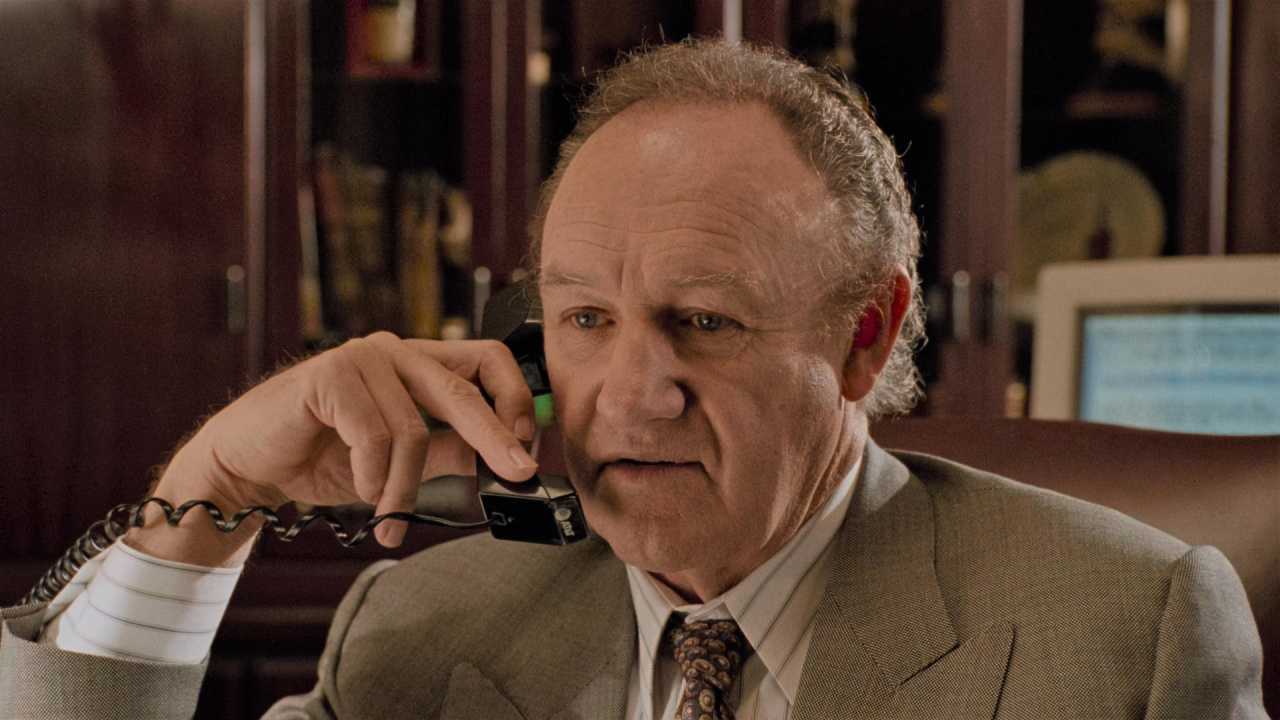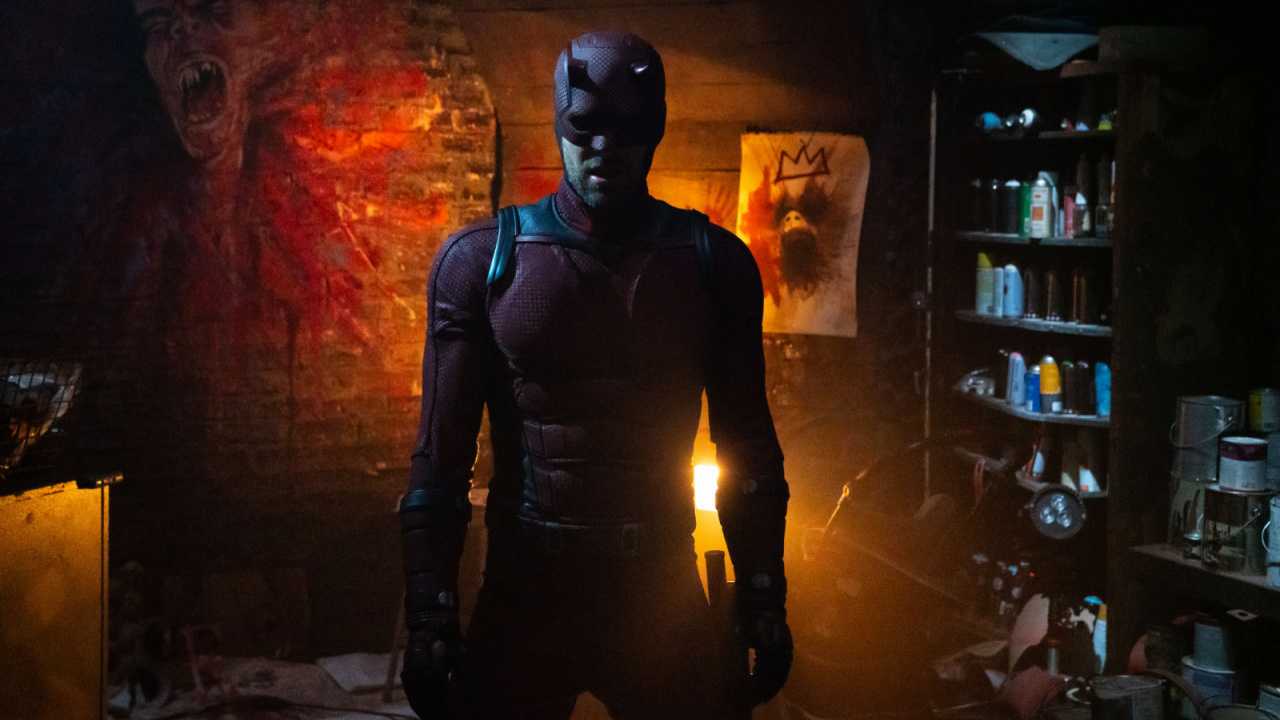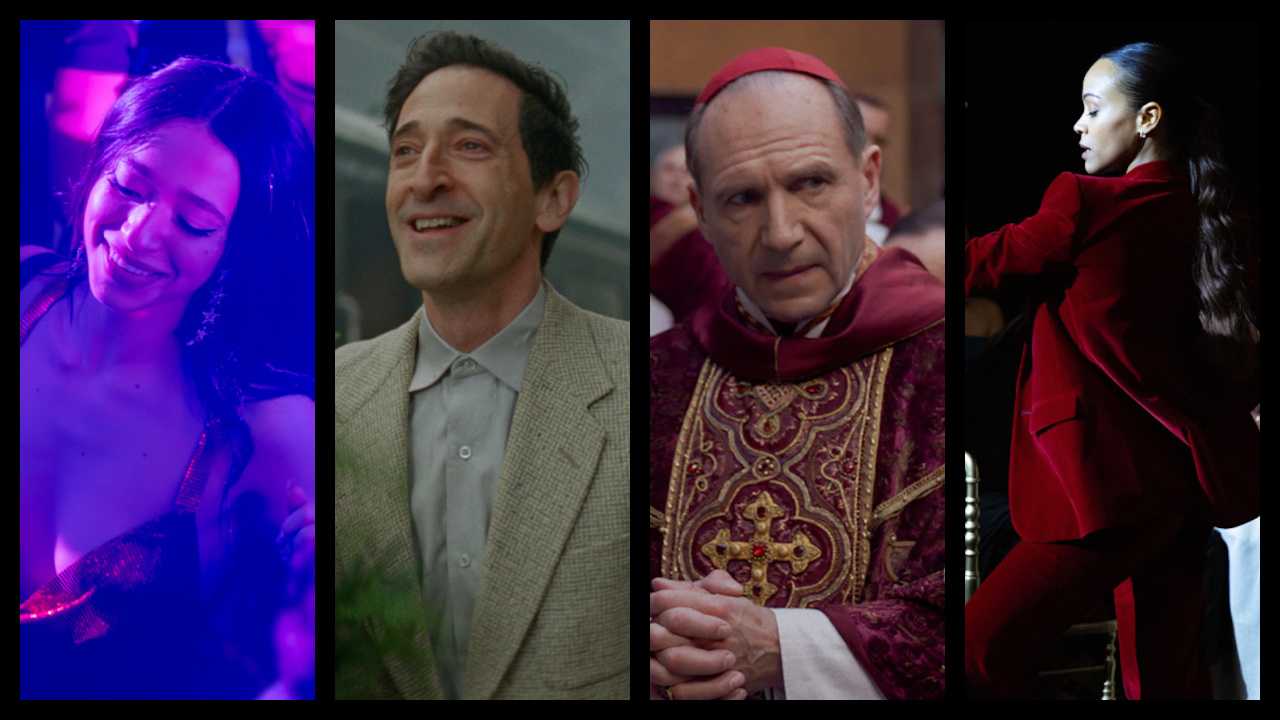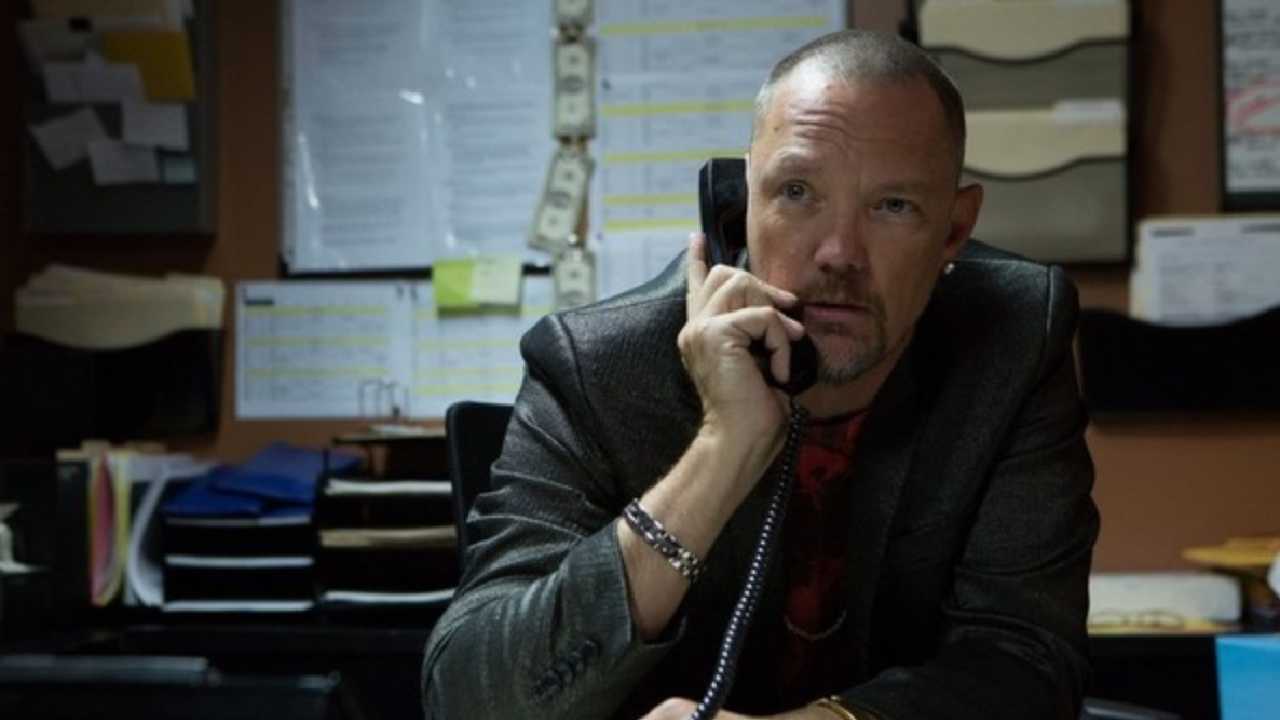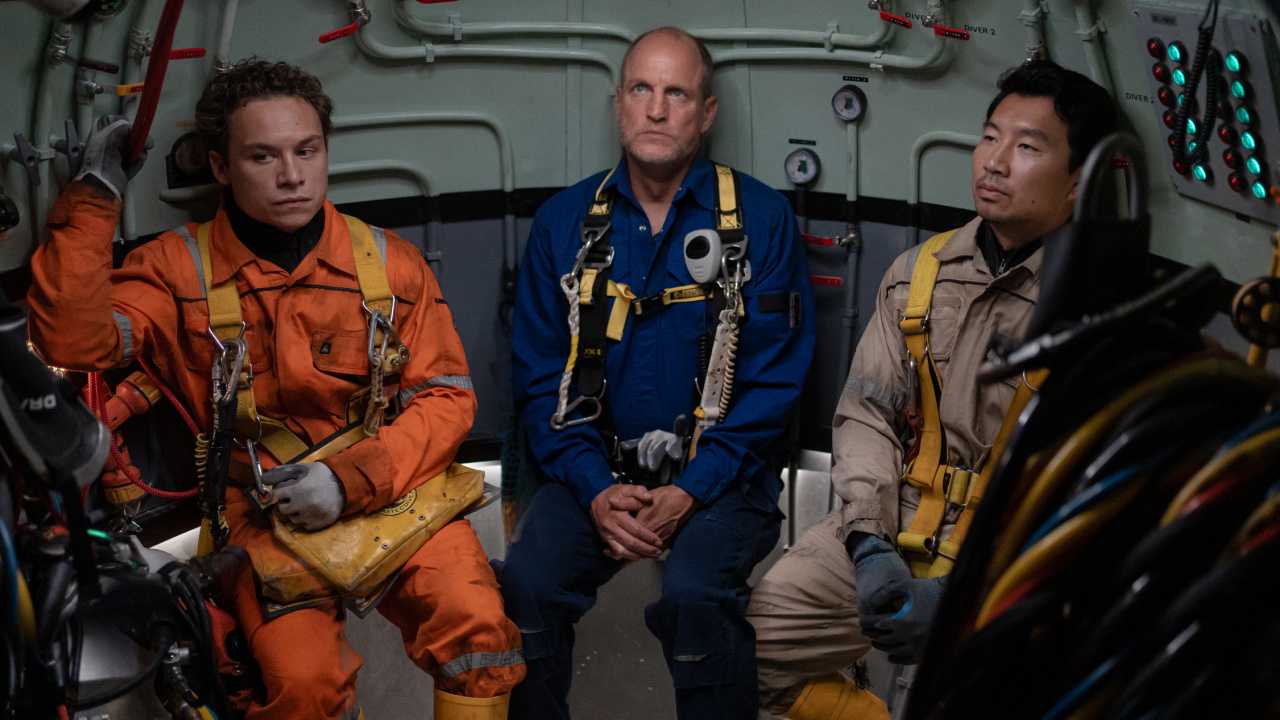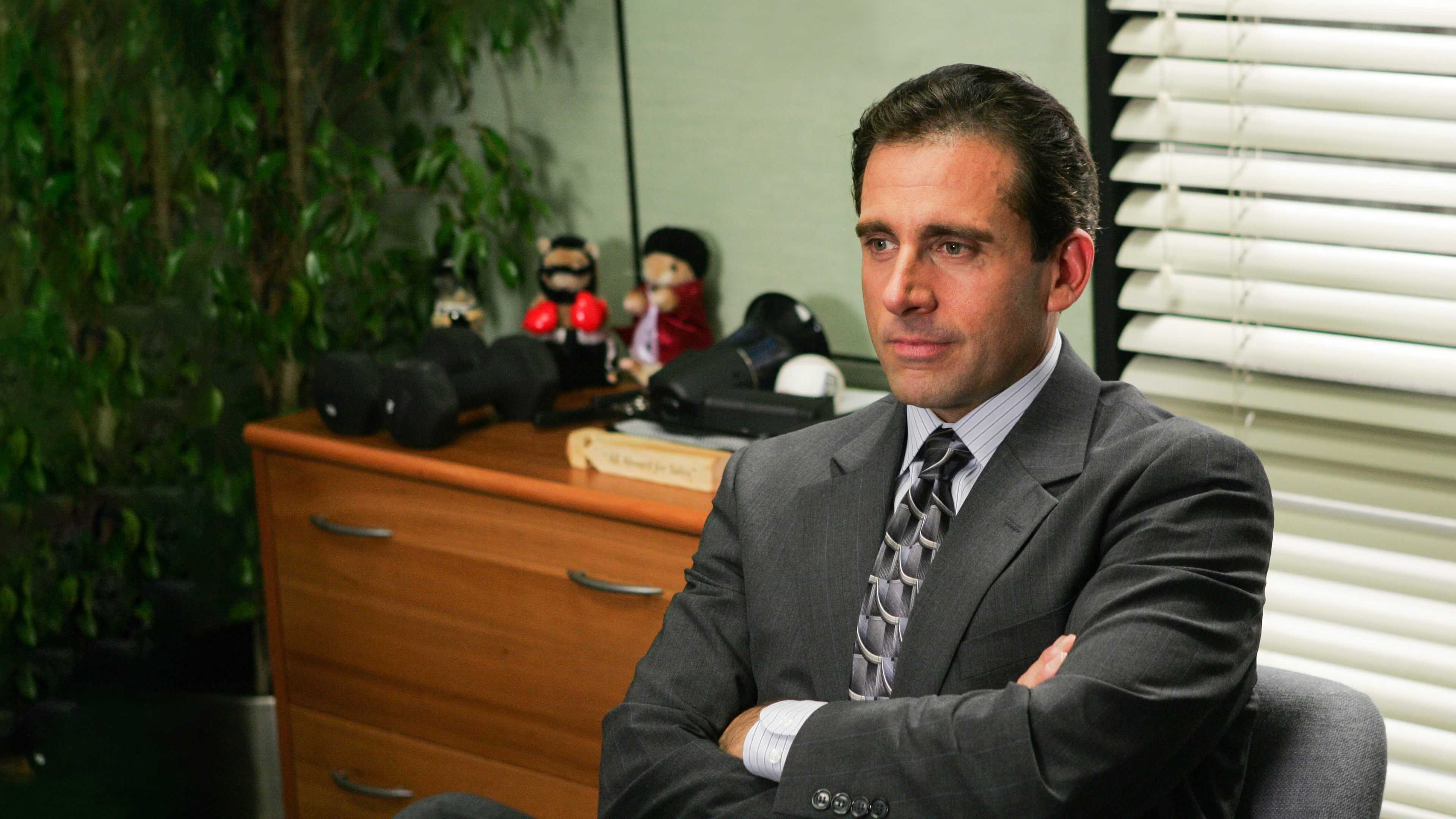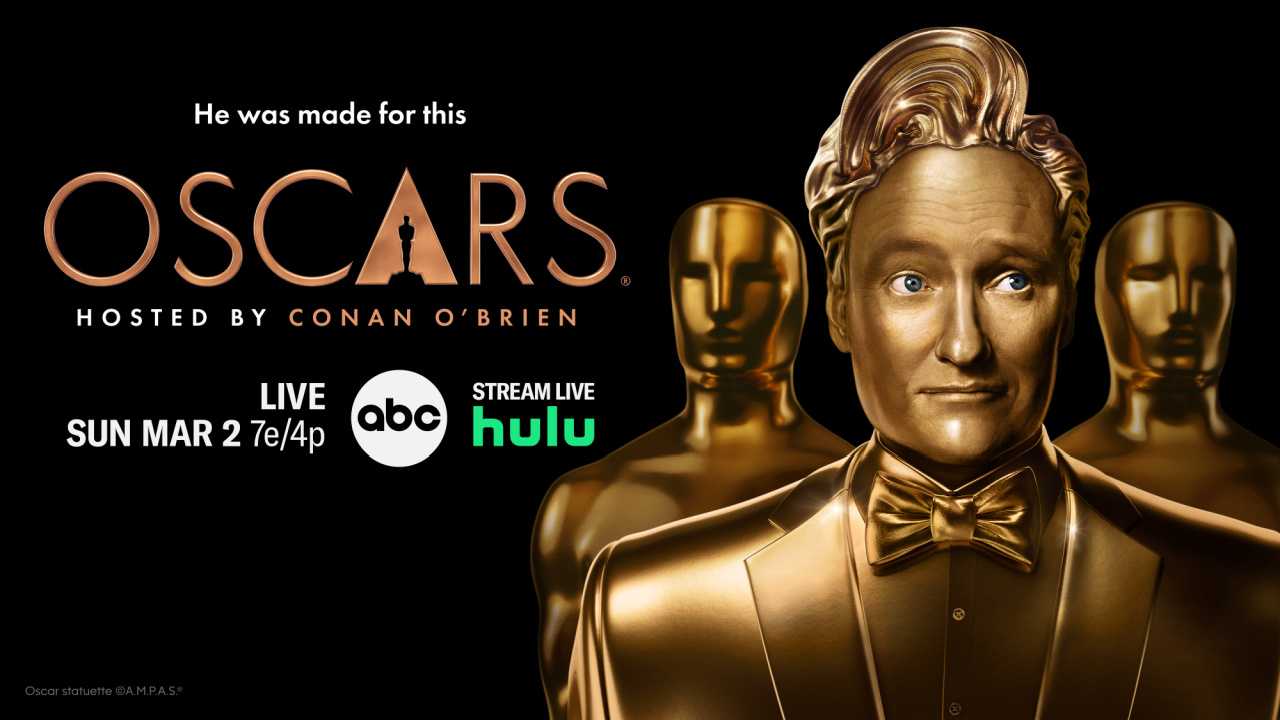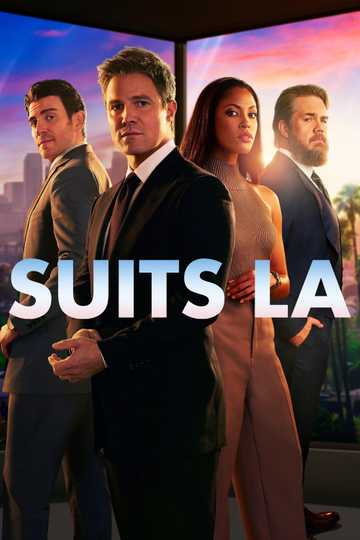What Makes 'One Hour Photo' Robin Williams's Best 'Dark' Performance
Robin Williams was never comfortable just being the comic relief. One of his most celebrated early roles was in "Good Morning Vietnam," a performance that was as dramatic as it was comedic. He was already pushing at the boundaries, squirming inside Hollywood's notions of who he was as a performer and a man. And, while he would always flirt with darkness, in the early 2000s he would fully give into these urges, starring in a string of movies whose bleakness was almost overwhelming ("Death to Smoochy," "Insomnia," "The Night Listener"). He'd do the occasional broad studio comedy, like "RV," but just as quickly rush into something like "The Final Cut," a dystopian sci-fi thriller so unpleasant it was barely released in America.
And while some of these performances felt more like a deliberate attempt to upend his cheery public image, there were some that really felt like an artist transcending the role they were prescribed. The most profound performance of this period for Williams was "One Hour Photo," which turns 15 today.
"One Hour Photo" was written and directed by Mark Romanek, who claimed it as his feature debut after directing the disappointing drama "Static" back in 1986, before he rose to prominence as a music video auteur behind such unforgettable clips as Nine Inch Nails's "The Perfect Drug," Fiona Apple's "Criminal," and Michael Jackson's "Scream." It's the story of a quickie photo clerk (played by Williams) who slowly becomes obsessed with a picture-perfect family whose photos he develops. (Clearly, this was the last timeframe that a movie like this could have been possible before making it something of a period piece, as the proliferation of digital cameras was just around the corner.) What starts off as an unnerving drama quickly becomes a nightmarish thriller. And through it all, the eerily calm center of the storm is Williams's peerless performance.
Part of what makes the performance so successful is how genuinely unlike anything else it is, even from his other, darker roles. This is a Williams who is willing to transform himself, both physically and emotionally for the role. His hair is closely cropped and dyed a severe blonde, almost red, like a raggedy doll who has been left in the sun too long -- and his face is framed by large, squared-off glasses. (These frames emulate not only the shape of the photos he processes but also the boxy frame of the movie's taller aspect ratio.) It takes true fearlessness for an actor to toss away all of the hallmarks that made them a star in the first place, but Williams does it in a way that feels effortless, easy.This is a fully restrained performance. There were stories that people told about tapings of "Mork and Mindy" that would last for hours because Williams, so full of restless energy and creative gusto (and, if we're speaking truthfully, some synthetic additives), would just riff and riff and riff. He was boundless, exuberant. But in "One Hour Photo" he's tightly controlled, not robotic exactly but restrained.
Even in some of his more serious work, it felt like Williams was mugging in tiny, imperceptible ways. But here he gives over to the character, a repressed and deeply troubled man who can watch a hilarious episode of "The Simpsons" and not even crack a smile. In one of the more chilling moments in the film, Williams walks around the house of the family he has been stalking; he uses their toilet, tries on their clothes. It must have taken everything for Williams not to start leaping around, doing goofy voices, turning the whole thing into a bit. Eventually, the sequence is revealed to be a dream sequence, a flight of fancy on Williams's part as he drives by the family's house. This is another opportunity for things to go broad. But it doesn't. Williams keeps it together, which makes it all the more disturbing. Anytime you think that the façade of the character could melt away, and the happy, smiling face of Williams would be revealed underneath, it doesn't.
Part of this comes from Romanek's direction, which is absolutely stunning. He affixes the camera to Williams and only makes small movements; a snap zoom there, a pan there. It's rare to see filmmaking so perfectly in sync with the character, and Romanek does a beautiful job of not only putting you in Williams's world but to put you in such proximity that you, if not to sympathize with him, at least understand why he does the things that he does. This character is lonely, broken, and unsettled, and the storytelling never becomes too crazy or hectic. It is just like Williams's character: desperately trying to keep things in control. In the final act, when he becomes truly unmoored, the filmmaking becomes looser, more frantic.
What makes the performance so indelible is how Williams lets the humanity through. He might be draped in drab, colorless clothing and only willing to exert emotion in tight, controlled bursts (at least until the end), but you can feel what the character is going through. The humanism that made Williams's best work so identifiable -- so wonderfully, remarkably relatable -- still shines through here. It isn't a performer going through the motions or making an arch attempt at a devious character, it's a true actor inhabiting a role like few ever have.
Later on, of course, we would learn that Williams tapped into his own darkness, simmering underneath. Maybe that's what makes a performance like his in "One Hour Photo" so powerful; it's an actor revealing more of himself than he was ever comfortable doing in his more commercial fare. It certainly gives "One Hour Photo" a more haunting dimension, and a more powerful one, too.
Even 15 years later, it still feels like it's developing.
One Hour Photo



